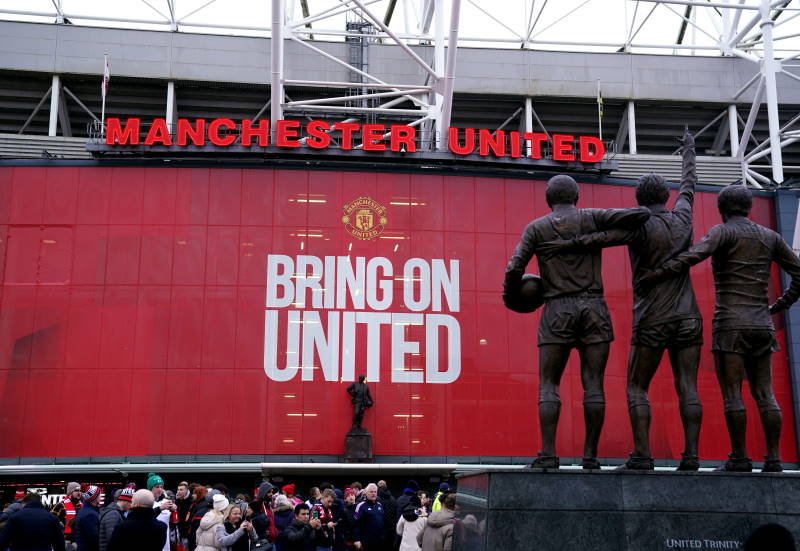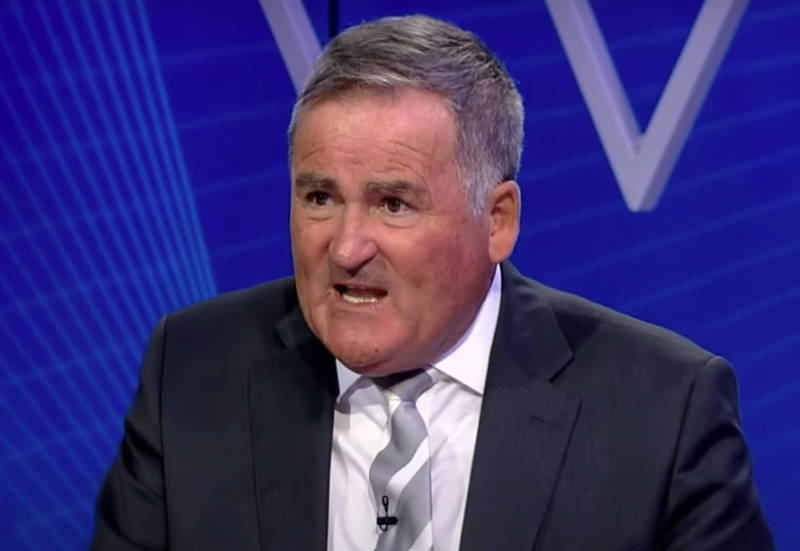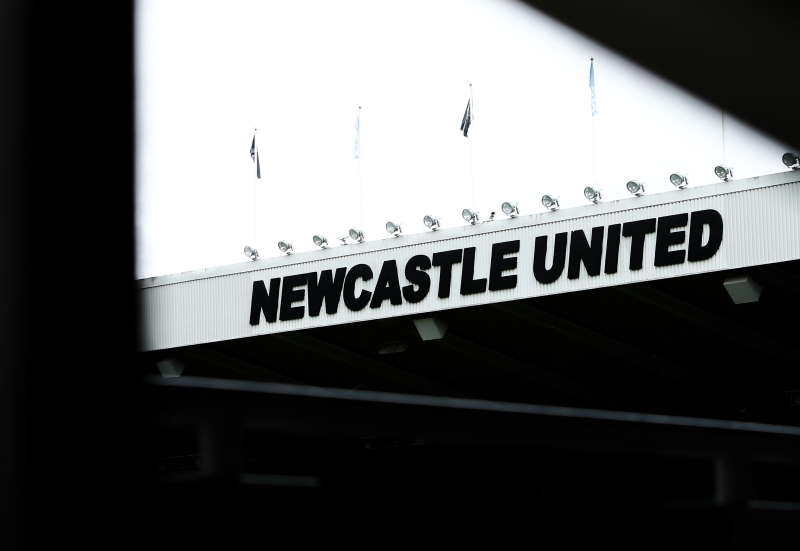
Greg Hall
England and Scotland share a 96km border, one which throughout history has been fought over, regularly invaded and is the catalyst for today’s healthy rivalry between the two home nations.
Where football is concerned the case is the same, if not intensified, but the invasion of Scots into the Anglo leagues has only sought to push the English Premier League to the forefront of the world’s elite footballing competitions.
Sir Matt Busby, Bill Shankly, Sir Alex Ferguson – names synonymous with English football; without these Scottish natives the English Premier League would not be the same. Jock Stein remained in his homeland to lead Celtic to become the first British team to win the European Cup in 1967, Kenny Dalglish won European Cups as player and league titles as a manager of Liverpool. Indeed, the list is endless.
Their success doesn’t just dwell in the past tense either, as things stand next season will see Scotland with ten managers at the helm of English Premier League or Championship clubs. And that is not to mention assistant managers and coaches involved at the highest level – including Steve Clarke at Liverpool and Gary McAllister at Aston Villa.
How can a small nation of just over 5 million people make up such a large percentage of the managers and coaches in one of the most competitive leagues in the world?
An explanation for this modern day renaissance is easy to fathom – the glittering past of Messrs Busby, Shankly and Stein paved the way and Ferguson has been storming up and down Premier League sidelines ever since. These sorts of role models are the kind the English Football Association can only dream of, and their new coaching facility being built at Burton pales in significance to the sort of tutelage a young Alex McLeish or Owen Coyle (Irish by representation, but Scottish born and bred) can get just by picking up the phone to Ferguson. Not every young manager in the game is afforded this level of hospitality.
The sort of managerial attitude that these idols of Scottish footballing stewardship embody is one of a hard-nosed, imperious ruler that instils discipline, work ethic and also creativity into their teams; Busby and Shankly in particular. There is also a will to win that has been seen in so many of those from the war time era.
The working class roots of these managers encouraged a ‘stiff upper lip’ attitude that they then transferred into their dynastical style rule. Whilst demanding dogged determination from their sides, these Scots also implemented new techniques and encouraged attractive football from often local fresh-faced youngsters.
Shankly, Busby and Stein famously built success on the backs of nurtured regional talent, both recognising the cohesion and spirit needed to breed the best.
The crossover link between those Scottish managers of the 1960s and 1970s and today is Sir Alex Ferguson. Also born during the Second World War, the 69-year-old played for Rangers whilst Stein managed Celtic and took over Manchester United when Busby’s presence was still felt at the club. That experience helped shape similar traits in Ferguson’s managerial mentality. Busby was famous for telling his players that Manchester’s factory workers worked hard all week and when the weekend came around they wanted to see United win and to be entertained.
What is evident is that over the years some of the best football England has ever seen came courtesy of teams with a Scottish manager at the helm. However, with many young pretenders but no real challenger for Ferguson’s mantle, when the time comes for the former Aberdeen manager to call time on his career, will that genealogy and lineage be lost from Scotland’s footballing family tree?
The Manchester United boss astonishingly seems to be at the peak of his powers, and the new gauntlet that Barcelona and Josep Guardiola have thrown down presents the Scot with the biggest challenge of his career. Never one to shy away though, Ferguson is already steeling himself for the fight ahead, so there is time to nourish the promising roots of the current fleet of Scottish managers. Just hope they are taking notes.













